Introduction
You may know a number of icons from the sporting world or from the world of music, but who are the icons of the political world?

Read about the five icons in the video and learn about three other political icons.
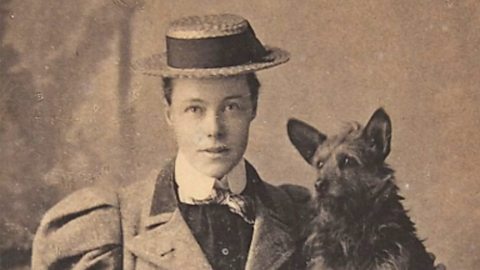
Kate Williams Evans
Kate was a Welsh woman who campaigned for women’s rights in the early 1900s. She was one of the Suffragettes - a group of people, mainly women, who held protests and did other great things to help women win the right to vote.
She spent 54 days in prison where she was mistreated and force-fed while on hunger strike. Because of brave women like her, all women finally won the right to vote in 1928.


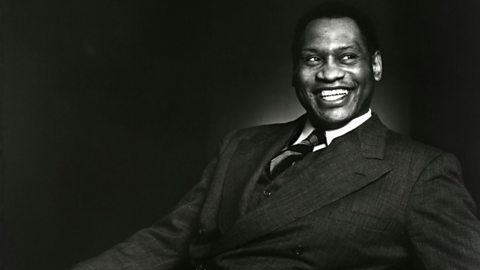
Paul Robeson
An American singer, actor and star athlete whose father had been born an enslaved person.
He lived in the United States of America at a time when black people were treated differently to white people because of the Jim Crow laws that denied them equal rights. He fought to change this despite the dangers.
When he heard Welsh miners sing during a protest in London in the 1920s, he decided to march with them. He became a celebrity friend of Wales and the miners, who were struggling for their own rights and lived in desperate poverty.
Not only did he use his fame to draw attention to the difficulty and hardship of working class people, especially the Welsh miners, he even donated a lot of his own money to help them.


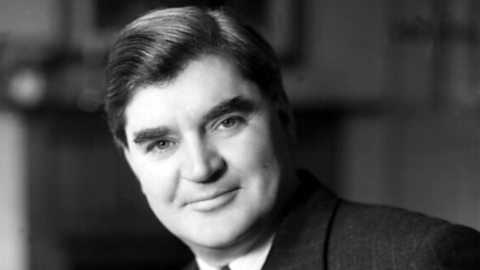
Aneurin Bevan
Born in Tredegar and the son of a miner, Nye Bevan was the Health Minister and one of the most important people in the Labour government elected after the second world war. He was the man who helped create the National Health Service (NHS).
The main idea of the NHS is that healthcare is free, based on need, not wealth. The NHS started on 5 July 1948 and has helped millions of people.


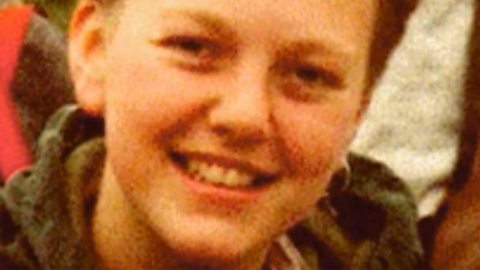
Helen Thomas
Helen was a Welsh peace campaigner. In 1989, she joined the Greenham Common Women's Peace Camp to fight the decision to store nuclear missiles at the RAF airbase there.
The camp had been set up in 1981 after 36 women walked there from Cardiff to protest against these weapons. It was a camp of women - and some of them had left their families and kids to be there. There were lots of protests and many women were arrested in the 19 years the camp lasted.
Helen died two months after arriving at the camp when she was hit by a police vehicle as she waited to cross the road near the base. She was only 22.
Helen became a symbol of the protests and even had a song written about her.


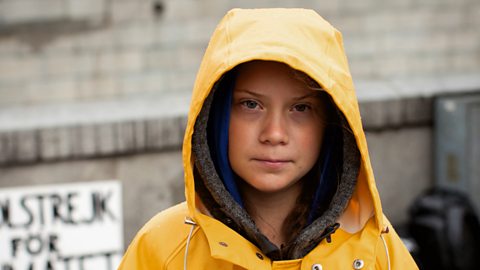
Greta Thunberg
Greta Thunberg is passionate about the world and the climate change crisis we find ourselves in. She became famous for her solo protest when she was only 15.
She is now famous worldwide for calling on world leaders to do more. She has been successful in raising awareness of the damage that is being caused by human activity.


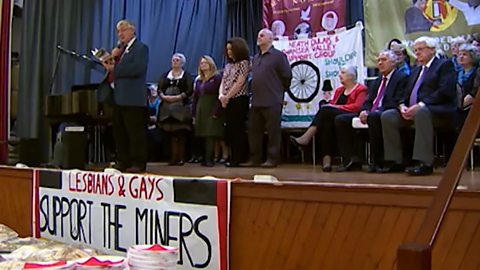
Lesbians and Gays Support the Miners
The miners’ strike of 1984-1985 was a difficult time for the mining communities of south Wales. The National Union of Mineworkers went on strike in an attempt to prevent the closure of the mines. But, of course, while they were on strike the miners did not work, and therefore did not receive a wage. This meant that they had very little money.
Pride London 1984
Mike Jackson and Mark Ashton, who lived in London, heard about the hardship facing the miners. So during the London Pride march of 1984 they collected money in buckets in order to support the miners and their families, in south Wales, and help pay for food for them.
Fundraising
Both Jackson and Ashton decided that more needed to be done, and so a group called Lesbians and Gays Support the Miners (LGSM) was established with 11 members. Their intention was to support communities in the Dulais, Neath and Swansea valleys. They raised money in gay pubs in London and near the 'Gay's the Word' bookshop. Their main success was a charity evening held in December 1984 when they raised ÂŁ5,650 (worth over ÂŁ15,000 in today's money).
Pride London 1985
A strong link was established between LGSM and the south Wales miners, and the National Union of Mineworkers and their families joined in the London Pride march in 1985 to thank the LGSM for their support. The miners also went on to campaign for gay equality at the Labour Party Conference in 1985.


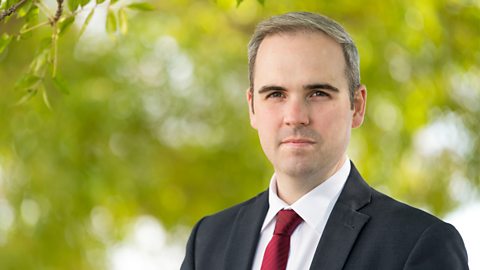
Steffan Lewis
Steffan Lewis was born in 1984 and was raised in Crosskeys and Tredegar. He developed an interest in politics as a young boy during the Islwyn by-election in 1995.
Young politician
Steffan was a gifted orator and was able to communicate his vision of what he saw as a better Wales with great eloquence. He delivered his first speech at the Plaid Cymru conference at the age of 14. He went on to represent the people of Blackwood on the Town Council before working in the National Assembly for Wales writing speeches for Leanne Wood (then leader of Plaid Cymru). Steffan Lewis was elected to represent South Wales East as an Assembly Member in 2016 – the youngest Assembly Member at the time.
Fighting as an Assembly Member
Unfortunately, he was diagnosed with cancer in 2017. Despite this, he continued to work passionately, fighting for his constituents and trying to ensure the best for Wales following Brexit. He urged the Welsh government to ensure that European Union laws were preserved in Welsh law following Brexit.
He died in January 2019 at the age of 34.


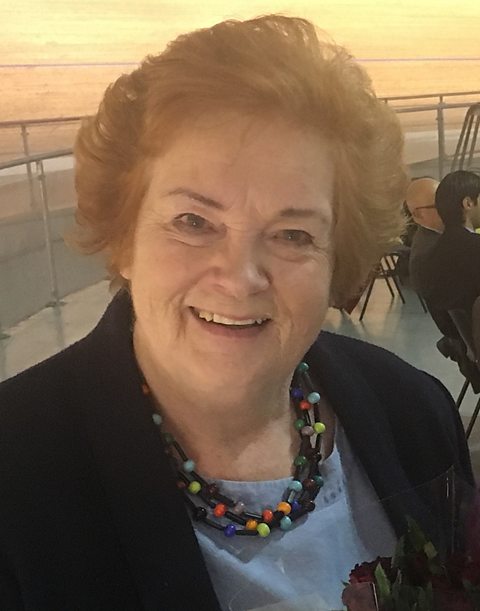
Rosemary Butler
Dame Rosemary Butler was born in 1943. In 1999 she was elected as a Labour Assembly Member for Newport, and by 2011 was appointed as the first female Llywydd (Presiding Officer) of the Senedd.
Widening participation
One of Dame Rosemary Butler's main arguments while she was in the Senedd was that more people should have the opportunity to participate in politics and that Welsh politics should be more equal. She argued that in order to involve more people in politics, the voting age must be lowered from 18 to 16. She questioned why people who were old enough to pay taxes, marry and join the army did not have the right to choose who should lead the country.
Discussions
Over a six month period in 2014 Rosemary Butler took a leading role in discussions with children and young people aged 11-25 to seek their views on lowering the voting age. This was very influential for the cause.
Lowering the voting age
Dame Rosemary Butler retired in 2016, but in 2017 the National Assembly for Wales voted in favour of allowing 16 and 17-year-olds to vote in Welsh Parliament elections.

More on Politics and democracy
Find out more by working through a topic
- count6 of 7

- count7 of 7

- count1 of 7
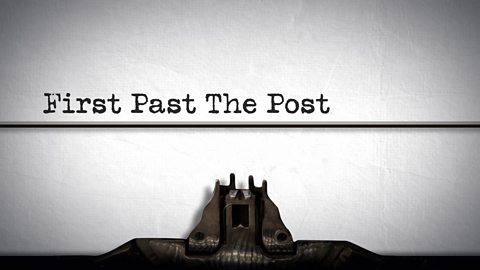
- count2 of 7
